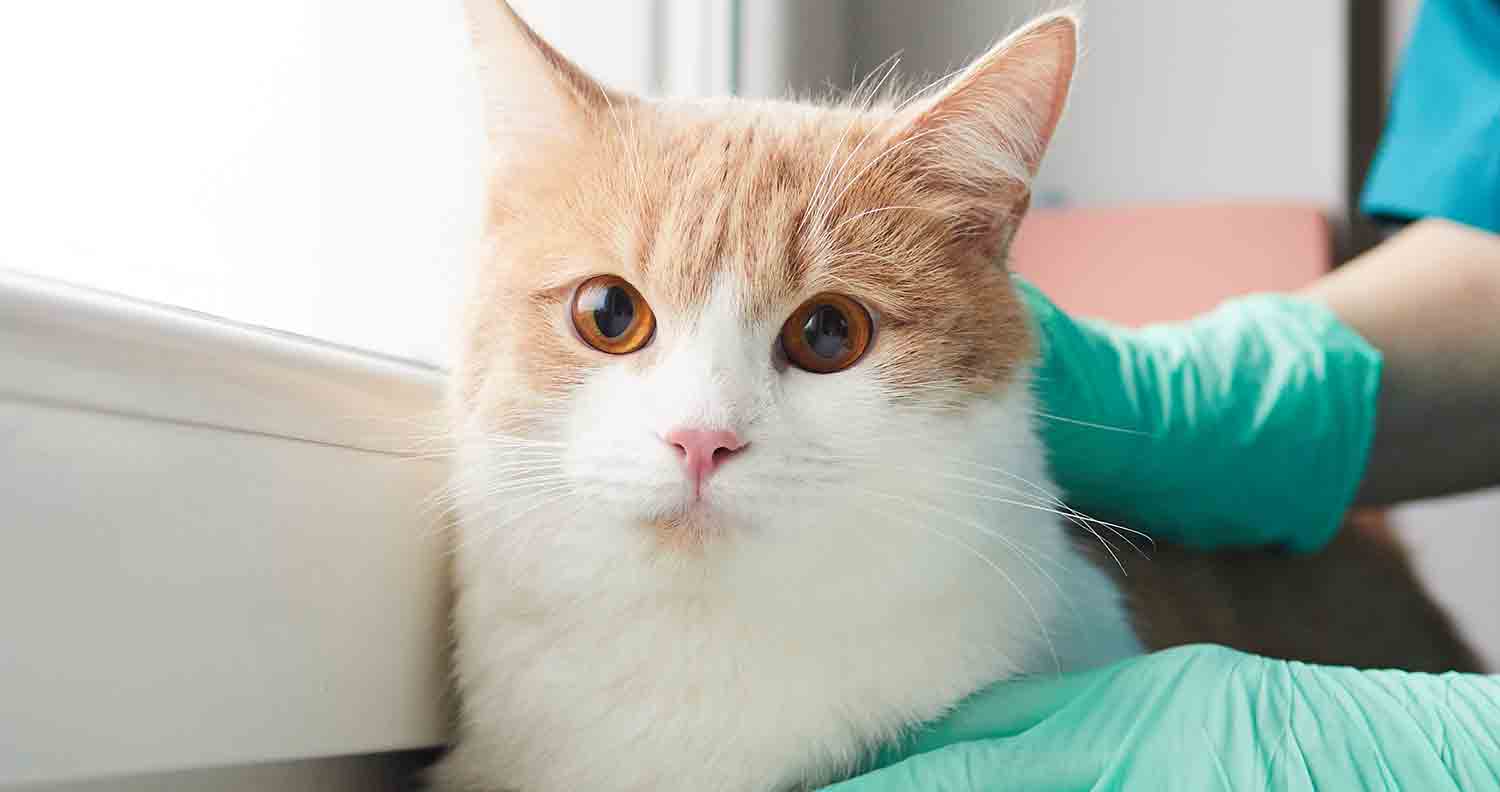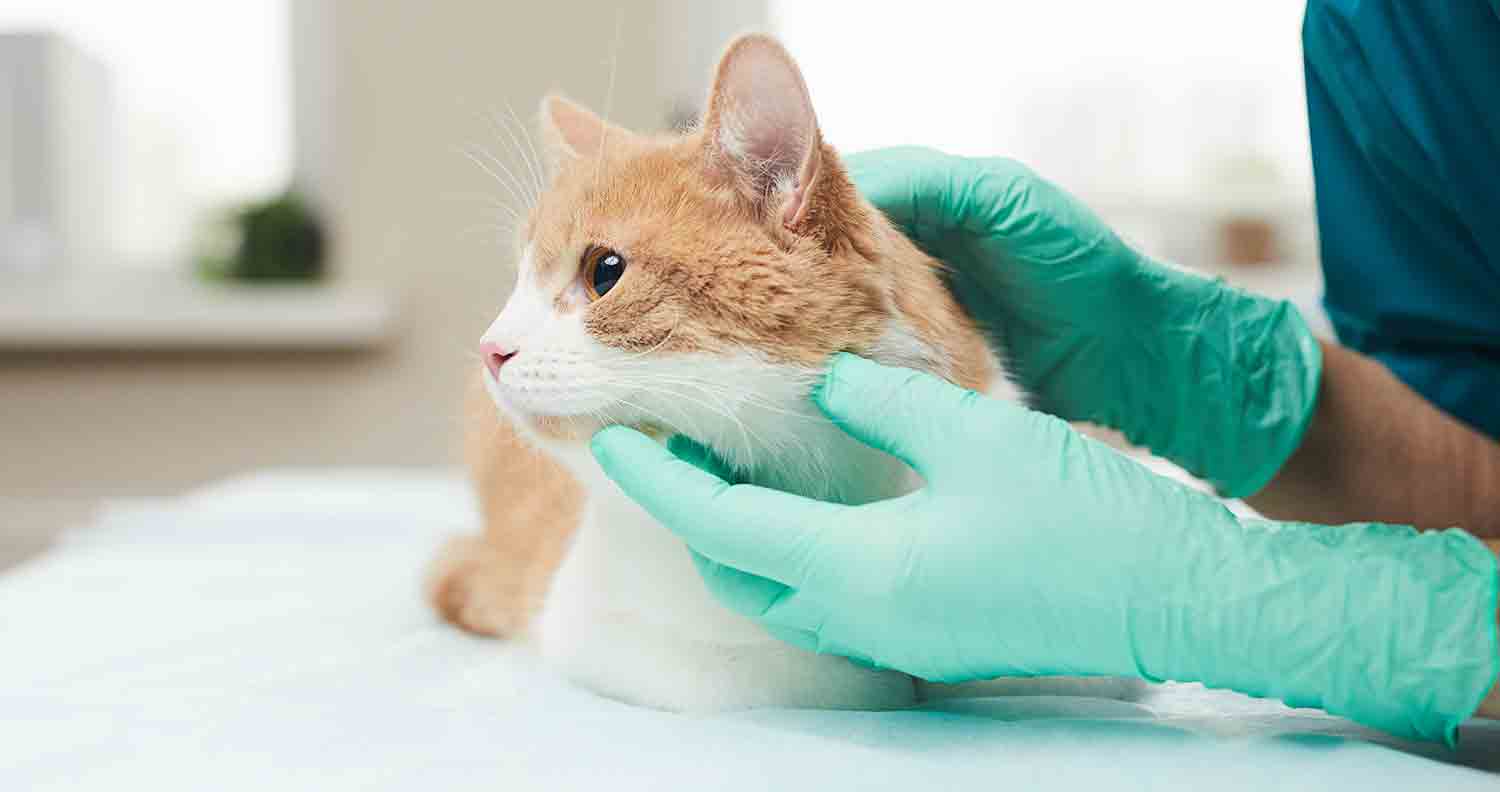Worms in Cats: Everything You Need to Know About Cat Worms
Share:

Worms in cats may not be the most pleasant topic of discussion, but as cat guardians, they’re something we’re all concerned about.
Intestinal worms are fairly common in cats and while they typically don’t cause serious illness to otherwise healthy felines, they can certainly be a source of discomfort.
Thankfully, worms in cats are relatively easy to treat and a number of preventative products exist to ensure your furry friend remains free of parasites.
For the Best Dewormers, Read This: The Best Cat Dewormer Picks for Every Type of Worm!
Common Worms in Cats
Cat worms come in a variety of shapes and sizes, and the type of cat worm present may impact both symptoms in your cat and the necessary treatment involved. The type of cat worm your cat may be carrying depends on a number of factors including access to outdoors, exposure to other animals, the time of year, and the region in which you reside.
How To Tell if Your Cat Has Worms?
While some cats carry cat worms without displaying cat worm symptoms, you will likely notice a number of markers to determine that intestinal parasites are present. These include:
If your cat is displaying any of these cat worm symptoms, be sure to take action promptly. Be aware that some worms in cats can also be transferred to humans, so use gloves and wash up well when cleaning up after your kitty.
Parasites in Cats: How Do They Get Them?
There are a number of ways that a cat may contact cat worms, and these ways will also vary on the types of worm. Unfortunately, intestinal parasites in cats are fairy easy to pick up during your cat’s daily activities. Cats that are exposed to other infected animals may pick worms up when ingesting larvae through grooming. They can also pick up worms in cats through eating infected prey animals, such as mice and birds. As such, outdoor moggies are far more at risk of contracting worms in cats than their indoor counterparts.
Another way that cats can get worms is from fleas. When cats groom themselves, they can ingest infected fleas which will result in a worm outbreak. If your kitty has fleas, note that they will need to be treated for worms too as a precaution. Kittens can also get worms from their moms through nursing on their milk, so be sure to take your kitten or pregnant mother cat to the vet for a treatment.

Treatment and Prevention of Worms in Cats
If you suspect a case of worms in your cat, make an appointment with your vet as soon as possible. Only a vet is qualified to diagnose the presence of worms in cats, determine the type, and prescribe the necessary medication. Your cat may require antibiotics or supportive treatment, as well as a specific cat dewormer, so be sure to schedule an appointment timeously.
Once you’ve started the treatment prescribed by the vet, you’ll more than likely notice segments of cat worms or even whole worms in your cat’s faeces. This is nothing to be concerned about, as the dead or dying worms are simply leaving your kitty’s system. Just be sure to apply caution when handling this excrement.
With so many ways for them to get cat worms, the best possible way to keep them healthy is to prevent them from contracting worms in cats all together! There are quite a few different preventative worms in cat treatments on the market, and your vet will be able to make a good recommendation for your kitty. This Flea and Worm Collar for Cats is a popular choice.
For the Best Dewormers, Read This: The Best Cat Dewormer Picks for Every Type of Worm!
Final Thoughts on Worms in Cats
Worms in cats may be fairly common, but thankfully, they usually don’t cause much damage to our feline friends are fairly easy to treat. There are several different types of intestinal parasites in cats that your furry buddy can get, making it important to consult a vet before providing any kind of treatment.
Cats can pick up worms from a multitude of sources, but there are steps we can take to reduce risks and that our kitties are free of parasites. When it comes to worms, prevention is always better than cure!

Get 30% off and FREE shipping on cat supplies!
U.S.A only
To Find out why we recommend chewy.com, click here
Affiliate disclosure : We Love Cats and Kittens is a participant in several affiliate programs including the Amazon Services LLC Associates Program, and the Chewy affiliate program. These are affiliate advertising programs designed to provide a means for sites to earn advertising fees by advertising and linking to products on their sites. If you click on links in our blog posts and articles we may be paid a commission.
Share:

